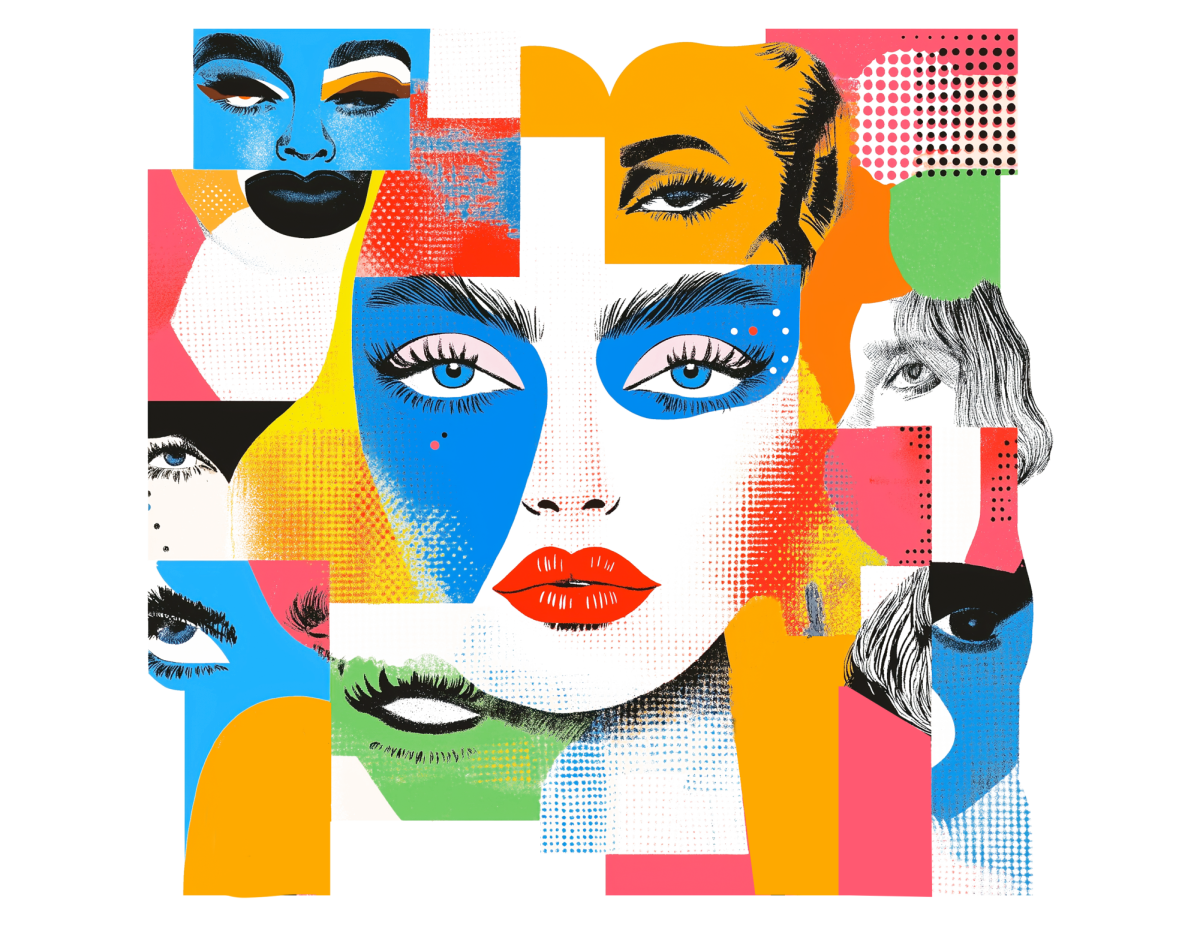Celebrity deaths are a frequent and often monumental event each year. This year, we have already lost celebrities such as director David Lynch and actor Val Kilmer. While many agree celebrity deaths affect their industries, some people might think it is silly to mourn the loss of a celebrity. They might say, “You’ve never even met them. Why do you care?” or “They don’t care about you, why would you waste your time worrying about them?” I believe these questions undermine the impact that art and creators have on a certain person.
The work a celebrity creates can lead people to think about and connect with the artist’s life. Despite not knowing the artist personally, their work has a profound and often positive impact on some consumers’ lives.
The process of mourning an artist or celebrity that you admire and respect allows you to take something from that evolution and grow as you mourn on a personal level.
In a Psychology Today article by journalist Jennifer Lea Austin, clinical psychotherapist Julia Breur gave tips on processing celebrity death.
“Give yourself space to feel the pain of loss and reflect on their life as you experienced it. Consider watching a movie the celebrity starred in or play music they composed soon after hearing of their death in order to honor, feel, and cushion the shock of the sad news,” Breur said.
This is a suggestion I often practice. I have explored new movies after hearing about a death because I wanted to know more about the artist. This exercise brought certain works to my attention that I might not have viewed otherwise. When David Lynch passed away, I watched his film “A Straight Story” with my family. The film helped me come to terms with his passing as it deals with the concept of trying to do good before it is too late.
Six months ago, media brand Stylist published an article titled “Is it normal to mourn the death of a celebrity? 3 grief experts explain” by senior writer Amy Beecham. In the article, Beecham used the mass reaction to One Direction member Liam Payne’s death as an example of grief after a celebrity’s death.
“Almost immediately, social media timelines were flooded with tributes from fans and those who knew him. Soon after, global vigils were being planned as members of the public struggled to come to terms with their collective grief,” Beecham wrote.
The Grief Center of Southwest Colorado described our relationship with celebrities interestingly. The center states, “the celebrities we feel close to are more like ‘intimate strangers.'” By calling celebrities intimate strangers, we are pulled into a relationship with the celebrity. The idea of an intimate stranger highlights the possibility that we can learn from their mistakes and watch to learn from their ideas.
We can learn so much about a person’s life through their art. This makes us look inward to ourselves. In this interconnected world, we can learn from the art that strangers create. I feel that it is normal to grieve a celebrity, and it is very telling that fans can come together and grieve.








